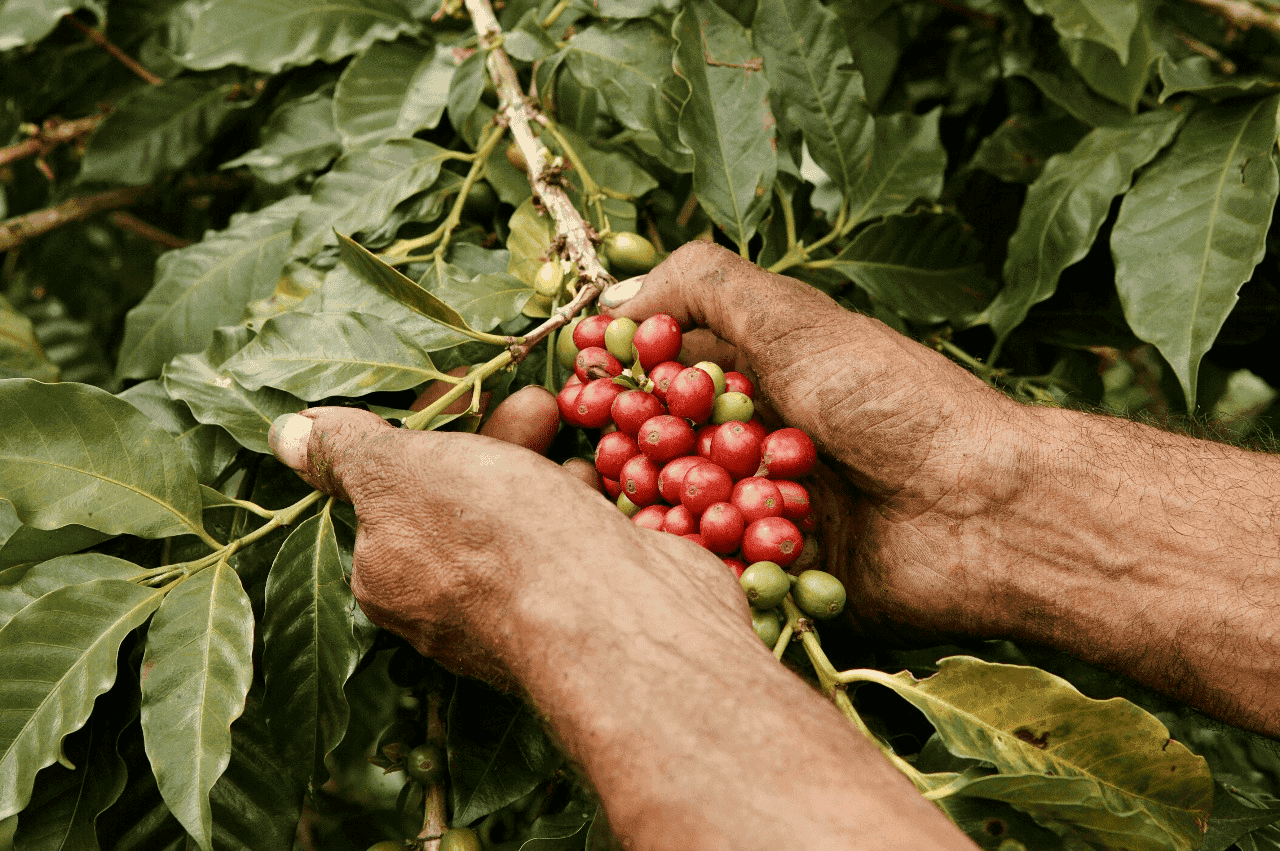Coffee farmers who support the supply chains of corporations such as Nestlé and Starbucks suffer opaque practices and violations of their human rights, according to the report Exploitation and Opacity: The Hidden Reality of Mexican Coffee in the Nestle and Starbucks Supply Chains, prepared by the civil association Project for Economic, Social and Cultural Rights (ProDESC).
This report evaluates the purchasing and certification practices of Nestlé, owner of brands such as Nescafé, and Starbucks. In addition, it collects testimonies from coffee growers in Chiapas and Veracruz, the two entities in the country with the highest coffee production, representing 37% and 24%, respectively.
Among the main findings, the report details human rights violations, use of unsafe purchasing channels, corporate control over coffee cooperatives, impact on the environment, irregularities in the certification process, and others.
“More than anything else, this report is an urgent call to action. The lack of transparency, labor exploitation, misleading advertising and violation of the international framework that we document here require an immediate response,” says the civil association.
When it comes to the supply chain, the report explores everything from the creation of the product to its commercialization. Regarding the first phase, they detected that there are irregular employment conditions because contracts that guarantee minimum benefits, such as access to health, are not granted.
Between 2018 and 2022, Nestlé invested more than 340 million dollars in the construction of a Nescafé production plant in Veracruz. The inauguration was attended by then-president Andrés Manuel López Obrador, who said that it would support more than a thousand producers.
“However, this objective seems to have not been met as Nestlé continues to import large volumes of coffee to Mexico, mainly from Brazil,” the report explains.
According to ProDESC, the multinational has not turned Mexico into one of its main suppliers as advertised, however, it has promoted the planting of coffee at the expense of the deforestation of hundreds of hectares. Even with the support of the Mexican State.
The case of Starbucks is similar. The report details that the company has more than 800 stores across the country, but its administrative operations are not within it. The transaction even takes place through an intermediary known as Alsea, S.A.B. de C.V., which owns the subsidiary Café Sirena, S.A. de C.V.

The research also delves into the relationship between Starbucks and Nestlé and the “three European giants” that dominate the supply chain: ECOM, based in Switzerland; NKG, of German origin; and LDC, registered in the Netherlands.
“Although there are no public records on the volume that these companies sell to Nestlé and Starbucks, producers in Chiapas and Veracruz identify them as relevant intermediaries and have reported that they reproduce the bad practices in terms of price and harvest control that global hoarders do,” says the civil association.
The report also evaluates the certifications that allegedly support the social and environmental responsibility of these multinational companies. The report compiles investigations in which cases such as those of the Rainforest Alliance, C.A.F.E. Practices and 4C certifiers have been documented, which have failed to certify labor exploitation and deforestation practices.
As part of the final recommendations, ProDESC suggests that Nestlé and Starbucks should ensure transparency in the supply chain. This includes the fact that large retailers also publish detailed information about their suppliers and their purchase of coffee.
It mentions the importance of independent traceability and verification, diversifying crops, focusing on sustainable agricultural practices and for consumers to take an active role in surveillance and monitoring.
Regarding the role of the Mexican State, the report points out the importance of establishing minimum standards that marketers and certifiers must meet in order to operate, as well as promoting public policies and support programs focused on the autonomy of small producers.
“The transformation of the coffee supply chain in Mexico is not an option but an inescapable obligation,” the study concludes.






Comentarios (0)